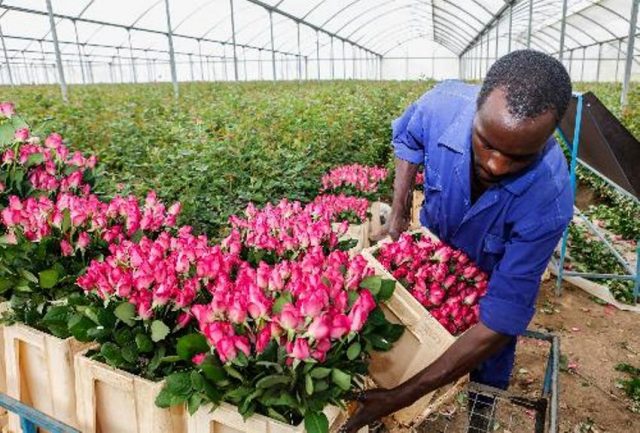
Kenya has not been successful in negotiating for an extension of the deadline to comply with the biosecurity measures by Australia that requires importers to apply for import permits to be issued upon compliance with measures to reduce the high volume of live pests in cut flowers, and have the flowers fumigated in the country of origin, unlike before when exporters were fumigating them in Australia.
This implies that Kenyan cut flowers could be locked out of Australian markets with fears producers and exporters worried that the European Union copy Australia. Kenya largely exports cut flowers to Europe, while Australia offers an alternative market.
Australian authorities introduced the regulations in March 2018, and gave the target countries time to comply, extending the effective date three times, with the latest compliance date moved to September 1 with no further extensions.
“The import permits will allow the department to reduce the biosecurity risk and more rapidly address non-compliance of individual importers,” said the head of plant biosecurity at the Australian Department of Agriculture.
On average, Kenya exports on average 170 tonnes of cut flowers to Australia monthly, earning about $24 million annually. In 2018, the flower sector was among the top three foreign exchange-earners, generating $1 billion. These stringent rules have made only a handful of exporters to trade in the Australian Market.
“Australia is a growing market with huge potential and we cannot afford to lose it if we are to succeed in diversification. The conditions are stringent and most exporters have not complied. We expect some to stop exporting to Australia if they cannot fumigate or guarantee zero pests,” said Clement Tulezi, Kenya Flower Council chief executive.



